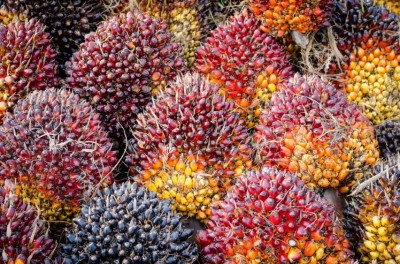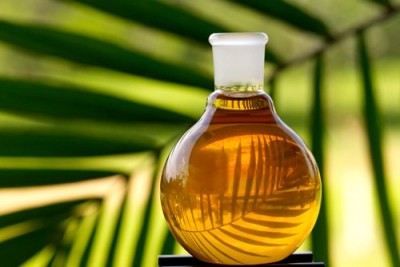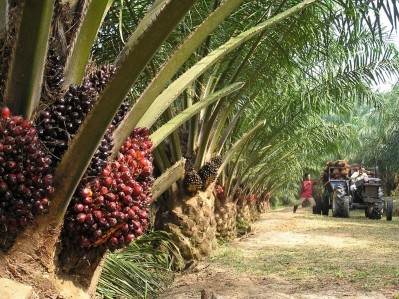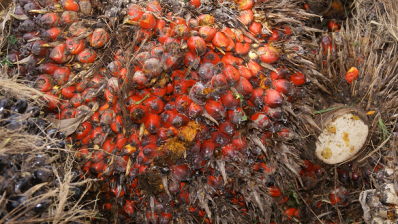Suppliers urge French PM to end anti-palm oil ‘intimidation’
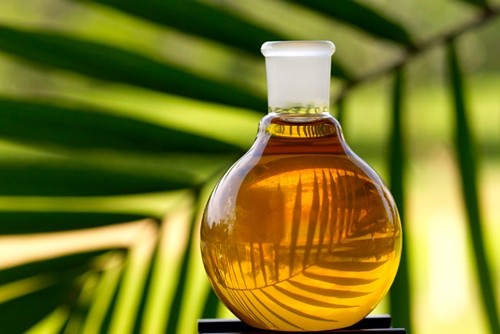
Palm oil has come under scrutiny in many countries for its high saturated fat content, as well as links with deforestation and poor environmental practices on plantations in Southeast Asia. Anti-palm oil sentiment has been particularly strong in France, where a €300 per tonne tax on the ingredient was proposed – and narrowly rejected – in the Senate late last year, on top of an existing €100 levy.
During his two-day visit, Prime Minister Jean-Marc Ayrault is expected to address a Malaysia-France Economic Forum organised by the French embassy in collaboration with the Malaysian-French Chamber of Commerce and Industry.
The Malaysian Palm Oil Council (MPOC) and the National Association of Smallholders, Malaysia (NASH) urged Ayrault in a joint letter to “please put an end to the actions of a few companies and individuals in France, which is having a deleterious impact on the palm oil industry and communities here in Malaysia.”
The two organisations accuse Casino, Systeme U, Findus, Lesieur, Lay’s and Jacquet of “a campaign of smear and intimidation against Malaysian palm oil in France” and call on the companies “to immediately cease their discriminatory campaign”, including on-pack ‘no palm oil’ labelling.
They have also called on French authorities to investigate the companies’ actions. None of the named companies responded to requests for comment prior to publication.
MPOC and NASH claim that Malaysia exceeds France's commitment to conservation, preserving 56% of forest cover compared with 29% in France. Malaysia is the world’s second-largest supplier of palm oil behind Indonesia.
“Malaysia's commitment is well above United Nations targets,” they wrote.
Many food companies use palm oil as a healthier alternative to hydrogenated vegetable oils. Palm oil is high in saturated fats, but is useful in food formulations because of its stability in processing and to extend shelf life of processed foods. Some other vegetable oils are difficult to use in processed foods without hydrogenation, which renders them solid at room temperature and more stable, but also makes them high in trans fats.
Health authorities across Europe have advised consumers to avoid artificial trans fats, which increase so-called ‘bad’ cholesterol (low-density lipoprotein, or LDL, cholesterol) while simultaneously decreasing ‘good’ cholesterol (high-density lipoprotein, or HDL, cholesterol). Consumers are also advised to limit saturated fat consumption, which raises LDL cholesterol levels. However, saturated fat also increases HDL cholesterol.
